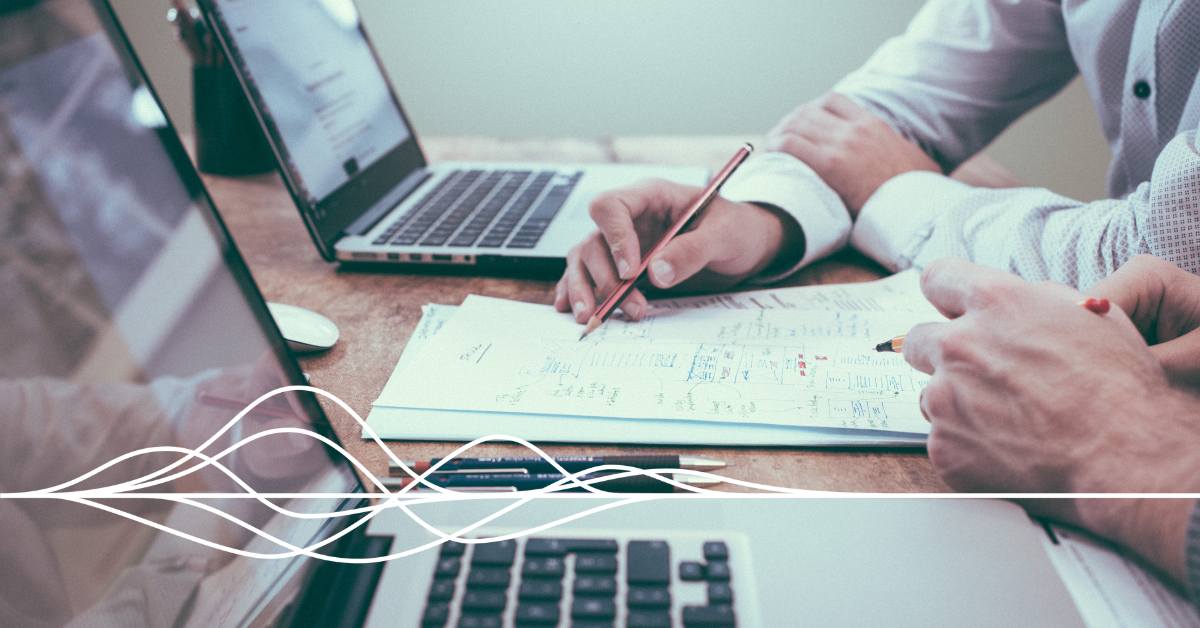Whistlelink webinars – a practical guide to whistleblowing Register now
Whistlelink webinars – a practical guide to whistleblowing Register now

Confidential and anonymous whistleblowing refer to two different ways of reporting unethical or illegal practices. Both have their pros and cons, which we will look deeper into in this article.
Confidential whistleblowing is when a whistleblower provides information about wrongdoing to a designated person or organisation, but their identity is kept confidential within that group. The aim is to protect the whistleblower from retaliation, while speeding up the investigation of the case.
The whistleblower’s identity is known to the organisation and can be disclosed if necessary for the investigation or prosecution of the reported wrongdoings. Because their identity is known, the whistleblower still faces a risk of retaliation from the organisation or individuals involved in the wrongdoing. As such, whistleblowers are less likely to come forward and report unethical practices.
Since the whistleblower is known to the designated person, there may be a potential conflict of interests.
Anonymous whistleblowing, on the other hand, is when a whistleblower provides information about a wrongdoing without revealing their identity. The aim is to provide the highest degree of protection for the whistleblower. By remaining completely anonymous, the whistleblower’s safety is ensured and the risk of retaliation is negligible.
Whistleblowers may be more likely to come forward and report unethical or illegal practices if they can do so anonymously. This can help shed light on wrongdoings that would otherwise remain hidden, promoting greater accountability and transparency in organisations.
On the downside, anonymous reports can be more difficult for authorities to investigate and prosecute the reported wrongdoings. There is also the potential for false or misleading accusations, making it more difficult to determine the veracity of the information.
In conclusion, confidential whistleblowing provides some degree of protection for the whistleblower and can facilitate prosecution of severe misconduct. On the other hand, anonymous whistleblowing provides the highest level of protection. It can, however, be seen as less credible and make it more difficult to investigate the reported information. It is important to consider the potential pros and cons of anonymous versus confidential reporting before making an informed decision about the organisation’s whistleblowing channels.
Remember that whistleblowing can also serve as a deterrent for unethical or illegal behaviour, encouraging organisations to maintain high standards of conduct.
Are you looking for a safe and secure whistleblowing solution or would you like to discuss a whistleblowing system for your organisation? Please book a free demo!
Whistlelink values your privacy. We will only contact you about our solutions.


You can unsubscribe at any time. Learn more about how we process your data in our Privacy Policy.
HAPPY TO MEET YOU!
Whistlelink values your privacy. We will only contact you about our solutions.

Nice to meet you!

HAPPY TO MEET YOU!
Whistlelink values your privacy. We will only contact you about our solutions.

HAPPY TO MEET YOU!
Whistlelink values your privacy. We will only contact you about our solutions.
You may unsubscribe at any time. For more info, please review our Privacy Policy
